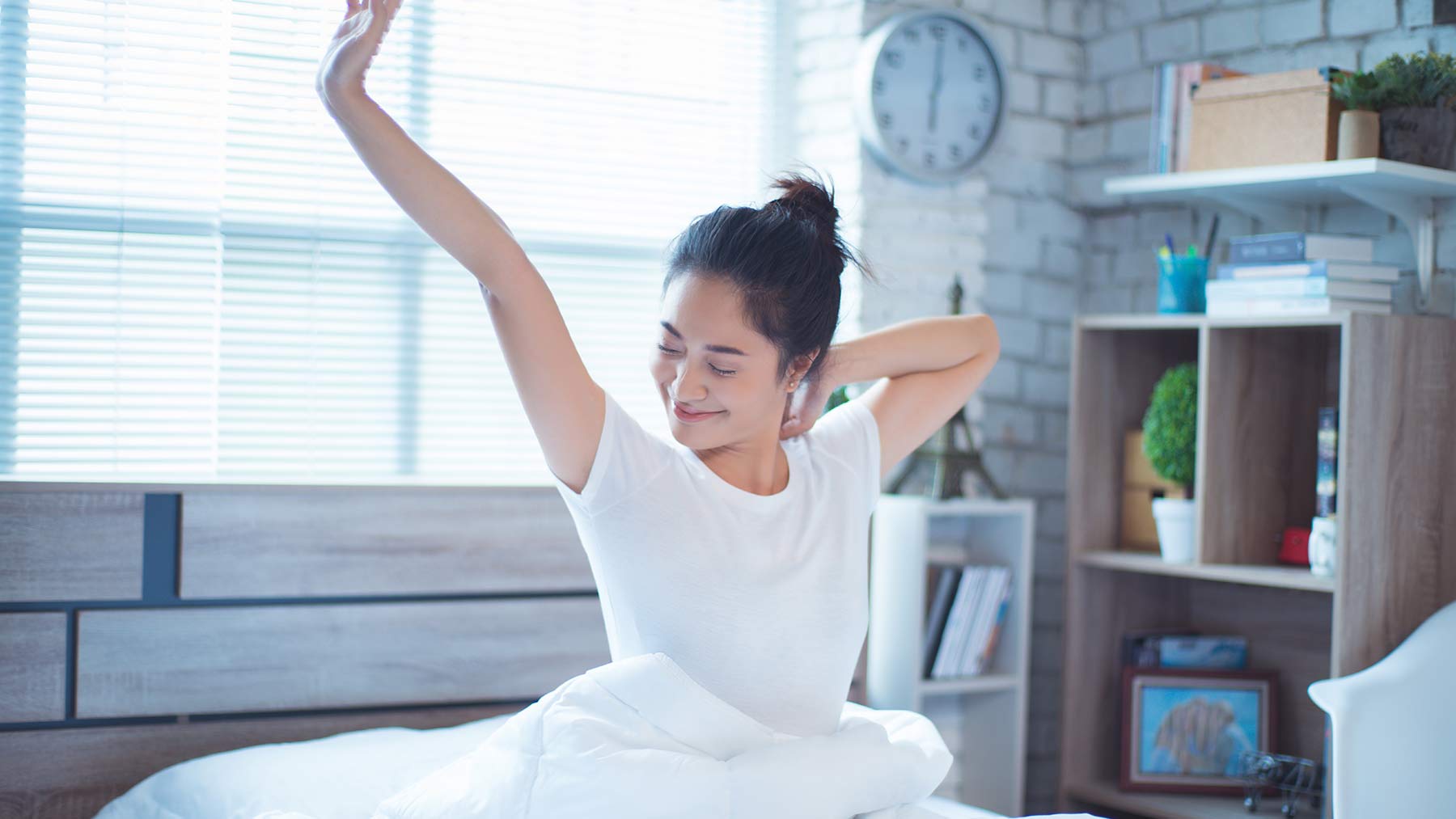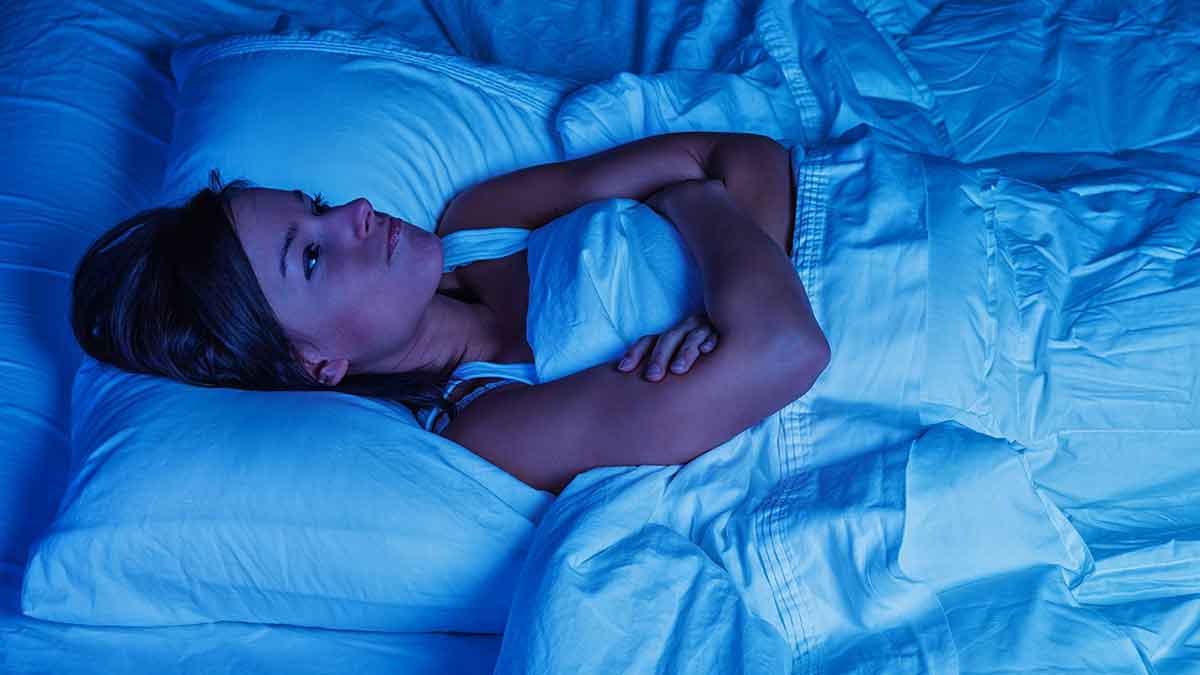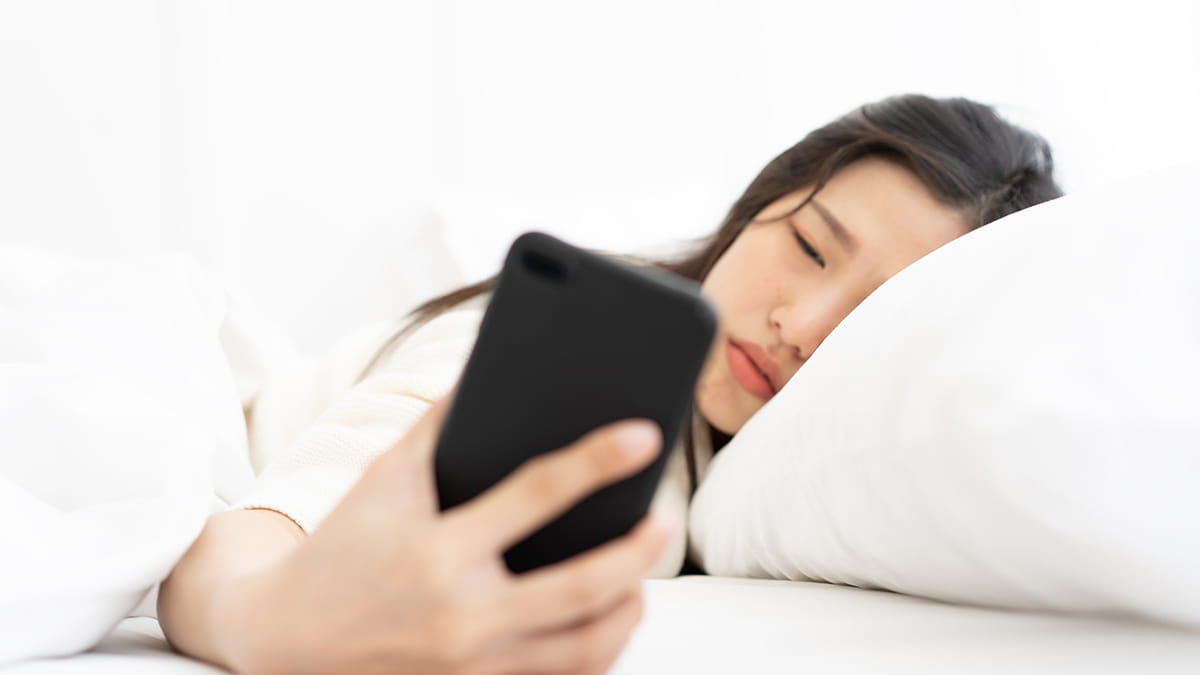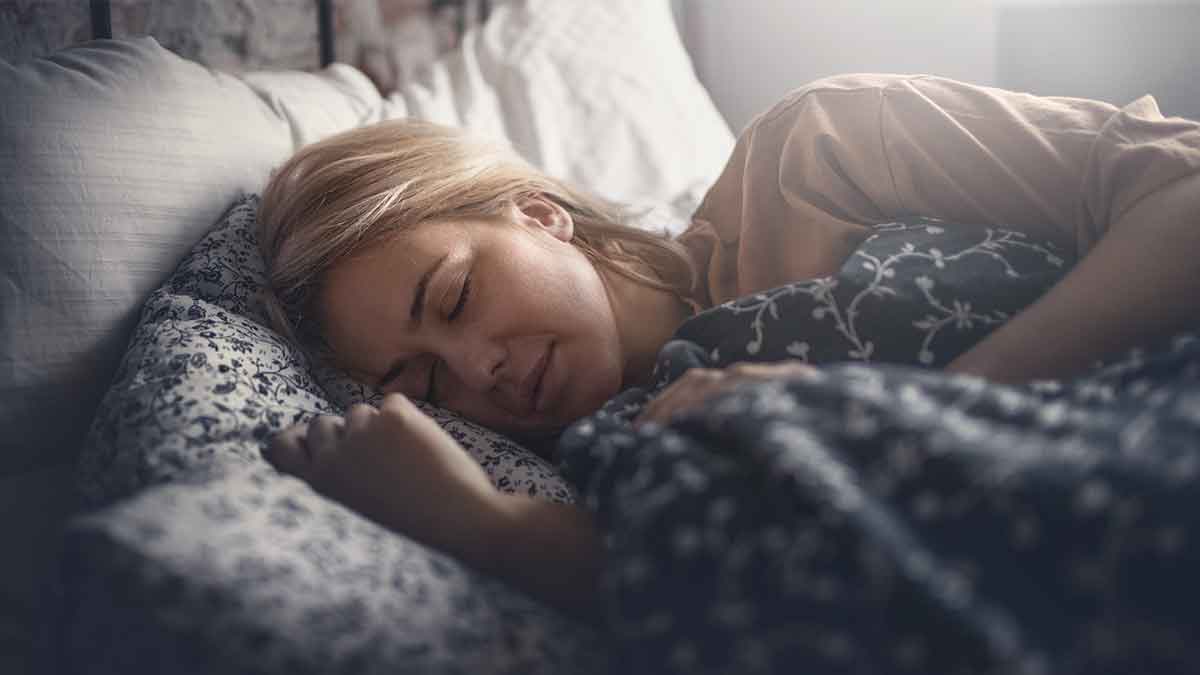Early riser or night owl – who is more productive?

The saying goes, ‘Early to bed, early to rise, makes a man healthy, wealthy and wise’ but that doesn’t actually apply to everyone.
Some people are more productive first thing in the morning while others hit their stride late at night. And it doesn’t matter when you go to bed or wake up. It really comes down to how your natural clock aligns with your social clock.
Generally, people function best when they get the appropriate amount of sleep. Some people may think they tolerate being sleep deprived well, but there’s a lot of objective data that shows sleep-deprived people don’t function at the best of their ability, even when they believe they do.
So how do you get the optimal amount of sleep to perform your best? Here are five things to keep in mind:
1. Find your circadian rhythm.
Everyone has their own circadian rhythm – the natural time you want to go to bed and when you want to wake up. If you have a delayed circadian rhythm, you may want to go to bed later in the evening and wake up later in the morning. If you have an advanced clock, you may want to go to bed early and wake up early.
There’s no right or wrong time to go to bed or wake up as long as you are getting the amount of sleep you need – typically 7 – 9 hours – and it’s not interfering with your daily activities such as school or work.
To figure out your circadian rhythm and the number of hours you need, mimic what you would do on a relaxing vacation. Go to bed when you start to feel sleepy and wake up without the help of an alarm. Do this for a few days to determine your natural sleep pattern. This is the number of hours of sleep you should probably get on a daily basis.
2. Shift your circadian rhythm in increments.
Sleeping like you’re on vacation may not be practical if you’re balancing work, school or family responsibilities. If you’re a night owl who has to get up early for work, or a person who gets sleepy in the afternoon when there are activities you still need to complete, you may have to work on adjusting your clock to meet your lifestyle.
Your clock can only move so fast – about an hour a day at most. If you need to shift your sleep schedule, you can try to do so by going to bed and waking up 15 minutes earlier or later every couple of days until you reach the goal bed time that allows you to get the amount of sleep you need on the correct schedule. If you have trouble adjusting your schedule in this manner, the use of light at the correct time, either in the morning or at night, can also help.
If you are able to, go to bed and wake up at the same time every day. Try to “sleep in” for less than an hour on the weekends. When you keep a consistent time, it will keep your schedule on track.
3. Limit naps.
You won’t need to nap if you are getting enough hours of sleep at night. Additionally, avoiding naps can help you sleep more consistently at night. This is especially important if you have trouble sleeping at night.
If you feel you need to nap, the shorter the better – no more than 20 – 30 minutes. Any longer and you’re likely to wake up out of a deep sleep feeling groggy or confused with a headache. Keeping it on the shorter side can help you feel relaxed and refreshed when the nap is over.
Of course, safety overrides these recommendations. Say you’re driving or in another situation where you need to be alert, by all means nap for as long as you need.
4. Don’t stress about sleep.
Worrying about sleep is linked to insomnia. It’s human biology. The brain’s natural tendency is to wake itself up if you’re worried or anxious. And you don’t have to be concerned about a bad night of sleep – everyone has those. You’ll eventually get the hours you need if you make time for it. It gets harder to control if you’re stressing about it.
5. Seek help for chronic sleep problems.
Long-term sleep deprivation has been linked to diabetes, heart disease and obesity. If you’ve had difficulty sleeping for a long time, regularly wake up tired after sleeping more than seven hours a night or have difficulty functioning due to daytime sleepiness, you may want to consult your doctor who may refer you to a sleep specialist.
Ryan Donald is a sleep medicine specialist at The Ohio State University Wexner Medical Center.




